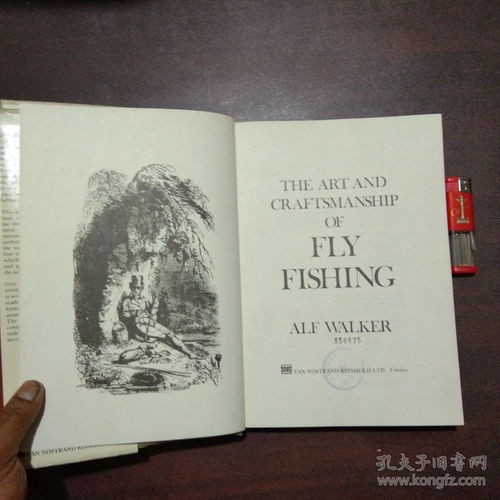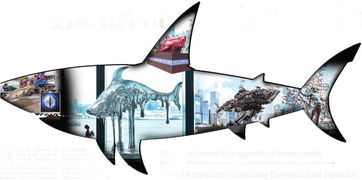Content:
Fishing is an art that requires patience, skill, and a deep understanding of the underwater world. Whether you are a beginner or an experienced angler, learning how to focus and develop fish-finding skills is essential for a successful fishing trip. In this article, we will discuss various techniques and tips to help you become a master fisherman.
Learn the Basics
Before diving into advanced techniques, it's crucial to understand the basics of fishing. Familiarize yourself with the different types of fishing rods, reels, hooks, and baits. Additionally, study the local fish species, their habits, and preferred habitats. This knowledge will help you choose the right equipment and tactics for your fishing adventure.
Focus on the Water
To become a successful fisherman, you must learn to focus on the water. Pay attention to the surface, as fish often exhibit telltale signs when they are feeding or active. Look for ripples, disturbances, or bubbles that indicate fish movement. By observing these signs, you can anticipate where the fish are likely to be.
Use the Right Bait
Choosing the right bait is essential for attracting fish. Study the feeding habits of the species you are targeting and select a bait that matches their preferences. Live bait, artificial lures, and natural baits like worms, crickets, or insects can all be effective. Experiment with different baits to find what works best in your fishing environment.
Cast with Precision
A precise cast is essential for successful fishing. Practice your casting technique to ensure that your bait lands where you want it. Learn to cast with a smooth, controlled motion, and adjust your casting distance and direction as needed. A well-placed cast can significantly increase your chances of catching fish.
Be Patient
Fishing requires patience, as it often takes time for fish to bite. Stay focused and remain calm, even when you don't catch anything immediately. By maintaining your concentration, you are more likely to notice subtle changes in the water and be ready when a fish strikes.

Adjust Your Approach
Fish can be unpredictable, and their behavior can change with the weather, time of day, or other factors. Be prepared to adjust your approach accordingly. If you're not catching fish, try changing your bait, location, or presentation. Experiment with different techniques until you find what works best for the fish you're targeting.
Learn from Others
Observing and learning from other anglers can be invaluable. Join fishing clubs, attend fishing workshops, or ask for advice from experienced anglers. By observing their techniques and strategies, you can gain valuable insights into how to improve your own fishing skills.
Use Technology Wisely
Technology can be a useful tool for fish-finding, but it's important to use it wisely. GPS devices, fish finders, and sonar equipment can help you locate fish in specific areas. However, remember that technology is not a substitute for your own observations and experience. Use these tools to supplement your knowledge, but don't rely on them exclusively.
Practice Your Knots
A good knot is the foundation of a successful fishing trip. Practice tying various knots, such as the Palomar, clinch, or improved clinch knot. A well-tied knot can prevent your line from breaking and ensure that your bait stays attached to your hook.
Enjoy the Experience
Lastly, remember that fishing is about enjoying the experience and the beauty of nature. Focus on the journey, not just the destination. Take the time to appreciate the surroundings, the sounds of the water, and the peace that comes with being outdoors.
In conclusion, learning how to focus and develop fish-finding skills is essential for a successful fishing trip. By understanding the basics, observing the water, using the right bait, and being patient, you can become a master fisherman. Remember to practice, learn from others, and enjoy the experience. With time and dedication, you'll be well on your way to catching more fish and enjoying the beauty of the underwater world.












